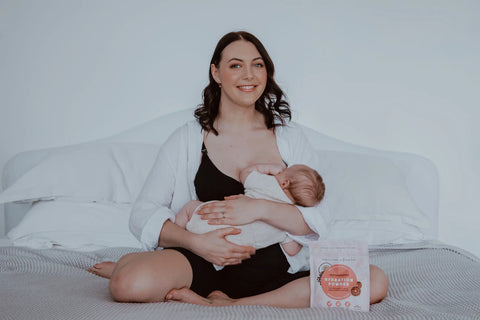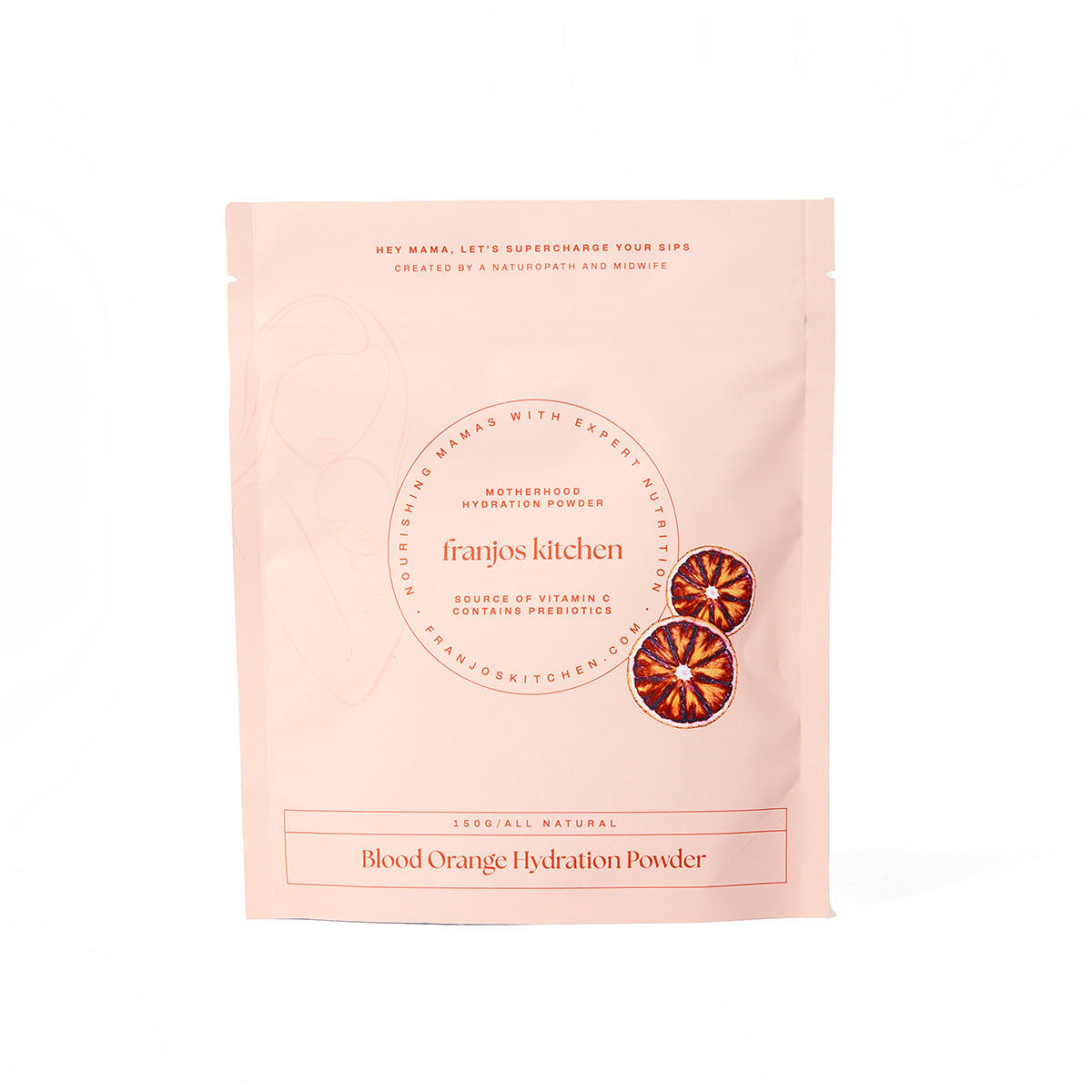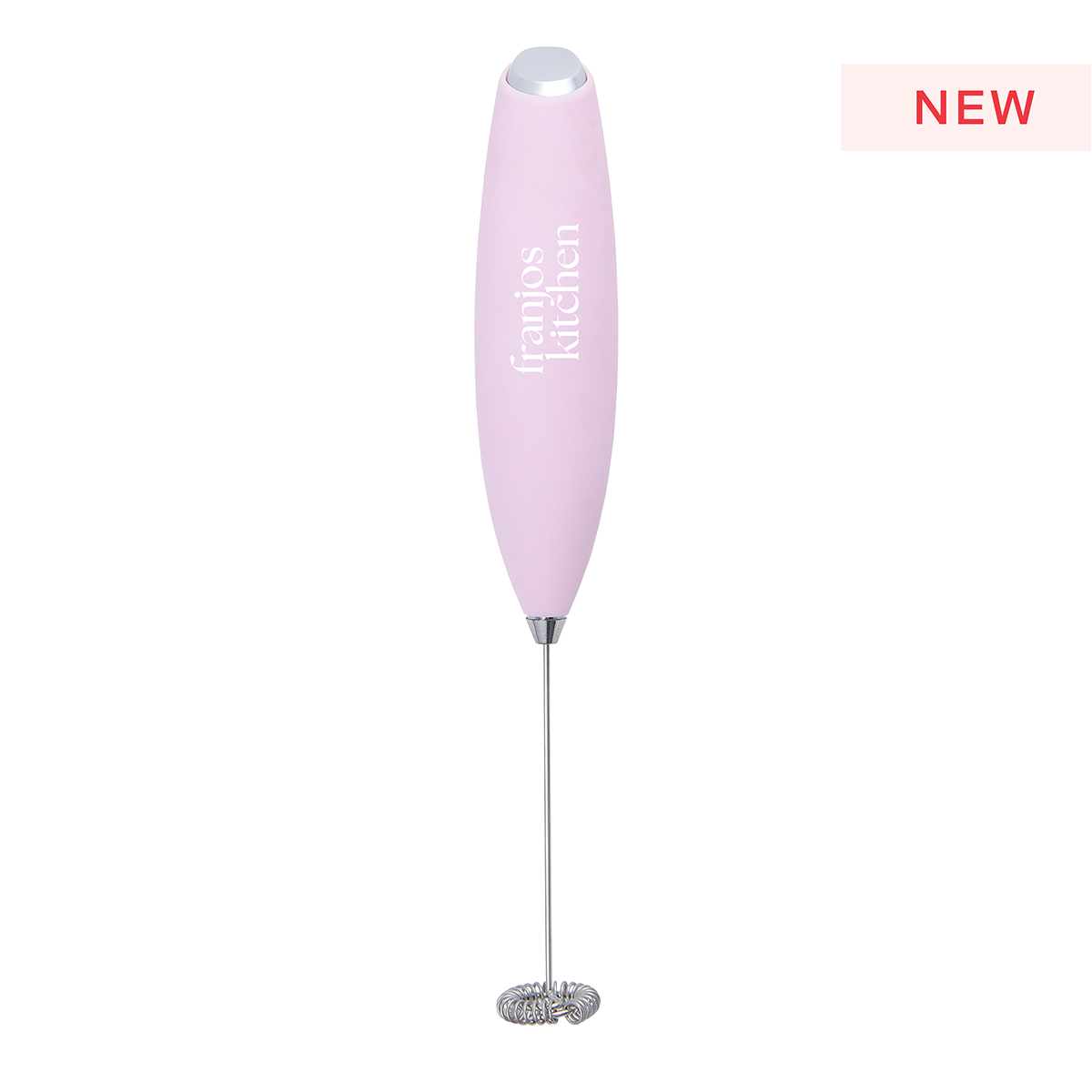5 Postpartum must-haves to aid recovery
5 Postpartum must haves to aid recovery
You might be preparing to have your baby, or just given birth, and trying to organize what you need to buy for this next chapter in your journey- the postpartum phase. Most mama’s make a long and extensive list of what they need for their baby postpartum, but forget about themselves! I know you may be focusing on your baby, but it is also important to also put your body first. Take it easy and ask for help and extra support in the postpartum period so you can concentrate on recovering in between your baby’s needs. You may be sore for the first 2-3 weeks after birth, and it can take 6-12 weeks for your body to fully recover (or longer). As your body is healing and recovering in the fourth trimester, there are some must-have items to point out that may make your recovery smoother.
A healthy balanced diet may seem simple postpartum, but your body really does need a broad variety of vitamins, minerals and nutrients to recover. If you are planning to breastfeed, this also adds an extra element of importance to your nutrition, as your body needs to fuel you and your milk production to feed your baby. A balanced diet includes a wide range of fruit and vegetables, good amounts of protein, dairy or diary substitutes and healthy fats. Also, remember to consume high-fibre foods to support gut health and keep your bowels regular. It is also recommended to continue taking your prenatal supplement or a breastfeeding multivitamin to provide you with extra nutrients you may not be getting through your diet alone. As well as your diet, keeping hydrated is equally important postpartum to prevent dehydration and constipation. To help maintain your hydration snack on fruit & vegetables high in water content; watermelon, berries, grapes, and cucumber. Also avoid dehydrating drinks that are high in sugar or caffeine and use an electrolyte powder to rehydrate, which is where our next must-have comes in.
Franjo’s Kitchen X Bumpnbub Motherhood Hydration Powder is a must-have for any mama in the postpartum phase. It is a healthy plant-based powder that you mix in your favourite water bottle to quench your thirst and re-hydrate you on your driest days. The Hydration Powder is coconut water-based, completely natural, vegan, gluten free and contains no caffeine.
Electrolytes are encouraged by the World Health Organisation for effective rehydration. Our Motherhood Hydration Powder contains Coconut Water Powder which provides an abundance of 5 electrolytes that are known to support rapid hydration: sodium, magnesium, calcium, potassium, and phosphorus Electrolytes are minerals that are vital for many functions in the body and low electrolytes or becoming dehydrated can result in fatigue, headaches, nausea, low blood pressure, constipation, muscle cramps and low energy. When electrolytes are replaced they help your body to absorb more fluid- so drinking the Motherhood Hydration Powder actually assists your body to absorb water therefore achieving better hydration. The main reason mamas become dehydrated postnatally is because water requirements are increased when breastfeeding. Breastmilk contains 87% water, so you should be aiming to drink at least an extra 700mL of water per day if you are breastfeeding. As breastmilk production increases the amount of water you lose, maintaining water balance and minimising dehydration can be a challenge when you are lactating. If you are feeling dehydrated or continually drinking less than recommended, definitely incorporate the Motherhood Hydration into your day!

Whether you have a vaginal birth or C-section, recovery shorts may be just what you need to provide support and comfort to you postnatally. Most recovery shorts are recommended to be used for the first 10 weeks after having your baby, although they can be worn for as long as you desire. Recovery shorts are normally high-waisted and firm fitting for optimal comfort as they hold everything together and support any separated abdominal muscles. The gentle compression over your stomach muscles can also reduce back pain and help your uterus to contract after birth. Recovery shorts are specially designed for mamas postpartum, with research stating they can decrease urinary incontinence symptoms. There are a lot of different brands and styles on the market, so you can find one to suit you and your recovery.
If you are planning a vaginal birth, having some simple essentials ready for postpartum will definitely help your comfort and recovery. For healing of your perineum have regular showers, change your pad every 3-4 hours and keep the area clean. Rest and side lying is highly recommended after birth to take the pressure off your bottom and perineum to minimize pain and discomfort. 3 essentials for your perineum postpartum are; ice packs, a peri bottle and perineal after-birth spray.
Applying ice to your perineum every few hours in the initial postpartum period (first 3 days) will decrease pain, swelling and bruising in the area. Our perineal ice packs are perfect for this. Leave the ice on for 15 mins, then remove and wait until your skin returns to normal temperature before reapplying. Using a peri bottle or spray bottle postpartum can also be key to prevent stinging on urination and keeping the area clean postpartum. A peri bottle is essentially a bottle you fill with warm water and spray onto your perineum when you go to the toilet, warm water also increases blood flow to aid healing. Alternatively, you can pass urine in the shower with the water running over the perineum. Finally, using an after-birth spray on your perineum can assist to soothe the area for healing, reduce inflammation and skin irritation. Ensure your perineum is clean and dry before application, use as often as needed especially after the toilet or shower. There are different brands you can purchase, including Bumpnbub X Lovekins natural After Birth Spray.
Pain relief seems simple postpartum, but it is really important to aid your recovery. It is proven that your body heals faster when you are not in pain and you can move freely around. Remember you will have a newborn baby to care for, so you need to be comfortable enough to move around and look after bub. After a C-section, you will need regular pain relief for the first 1-2 weeks as your body begins to recover and heal after major surgery. This can be challenging in those first few days, so support from loved ones and reminders to take pain relief is important. In hospital, midwives will offer you strong pain relief which you will probably need in the early days, as well as regular simple analgesia. It may be uncomfortable on your wound in the first few days doing simple things like walking, going to the toilet and breastfeeding, so it is vital you take pain relief to allow yourself to do these things. If you have a vaginal birth, you may still need some simple analgesia (paracetamol or ibuprofen) for the first couple of days to weeks postpartum as your perineum is tender and begins to recover. Anti-inflammatories can be beneficial to minimize the inflammation in the area.
Remember to consult your healthcare professional before taking any pain relief postpartum and ensure it is breastfeeding safe.
This blog is written by Aliza Carr from Bumpnbub. This is general advice only and does not replace the need for medical advice.

